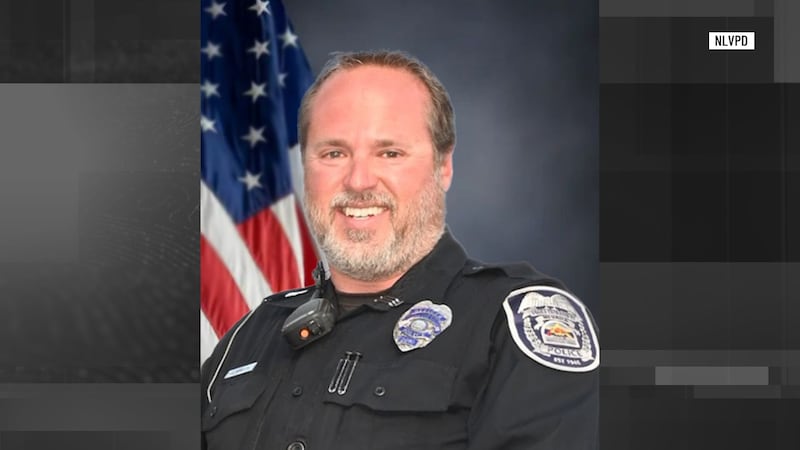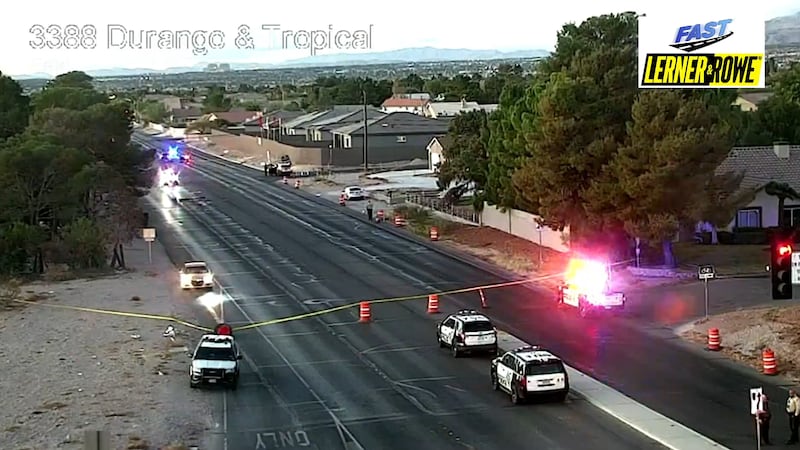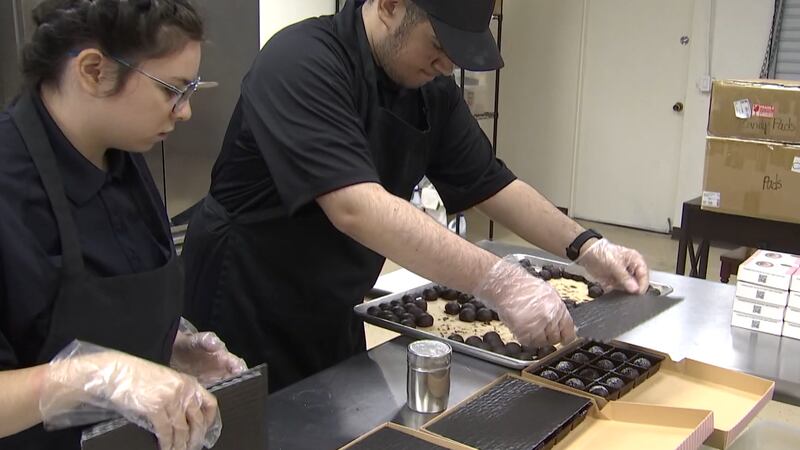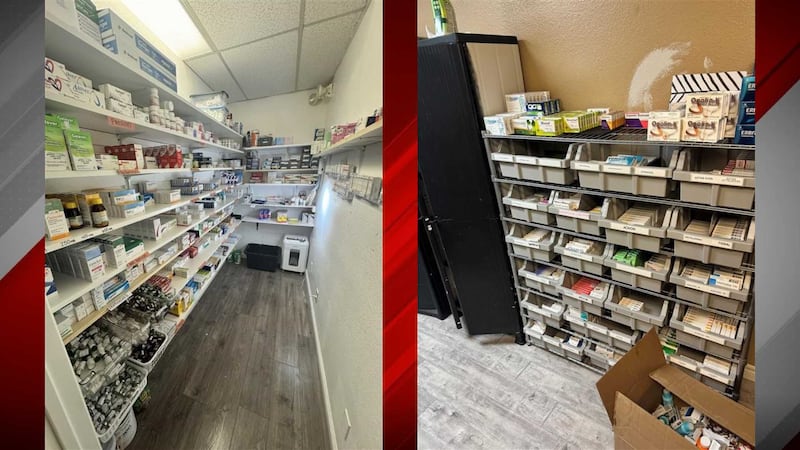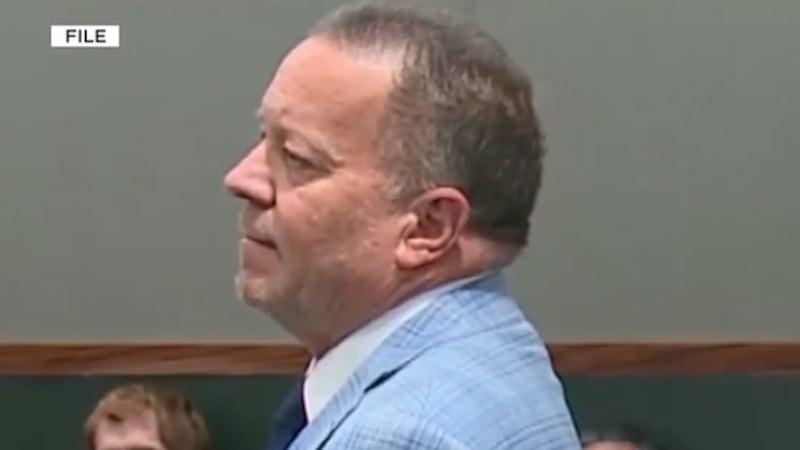New bill allows cameras to be installed inside patients’ rooms in Nevada healthcare facilities
LAS VEGAS, Nev. (FOX5) - A new bill passed earlier this month will allow patients or family members to install cameras in healthcare facilities.
This comes after many expressed concerns to legislators about their loved ones being mistreated while in these types of facilities. When it comes to putting cameras inside of patients’ rooms at assisted living facilities in Nevada, some currently allow it and some don’t.
“And you don’t know what you don’t know until you know it,” said Peggy Stephenson, who supports the new bill.
“I know there are things going on without cameras,” said a woman who did not want to be identified. “Incidents that are not being disclosed, that are being hidden.”
Stephenson put a camera inside of her mother’s room at one local senior living facility and was asked to remove it.
“It wasn’t until we put cameras in my parents’ room that we discovered ugly, actionable truths that were going on,” said Stephenson.
“I was like ‘why aren’t they allowed?’” said the anonymous woman. “It is her room. No, they are not allowed on premises.”
Both claimed that their mothers received maltreatment from caregivers at the same facility.
“Everything from abuse to abandonment,” said Stephenson.
“She has complained about a little roughness when they come in to wake her and say ‘it is wake up time, you need to get in the shower,’” said the woman who did not want to be identified.
Changes are being made. AB202, signed into legislation by Governor Joe Lombardo on June 7, would allow for the patient or their family member to install a camera in their room. Facilities will be required to approve this request.
“The patient has to agree to waive the privacy rights that would basically hold the facility harmless for any privacy-related issues,” said Dennis Prince, a local attorney from Prince Law Group.
Prince said for the family members, it is their responsibility to pay for the camera and to have it installed. From a legal perspective, it allows for objective evidence of what is taking place inside healthcare facilities.
“One thing we see repeatedly in our cases against these facilities is that it is the patient’s word against the worker’s right,” said Prince.
Stephenson is relieved she will now have a way to protect her loved one.
“These places need to be held accountable for the promises that they make, the things that they sell and the treatment that the residents receive,” said Stephenson.
Prince said his law firm gets 6-12 calls a year regarding significant issues taking place at assisted living facilities. AB202 will go into effect in October of this year. Other states that currently allow cameras in assisted living facilities include Texas, New Mexico, and Ohio.
Copyright 2023 KVVU. All rights reserved.
